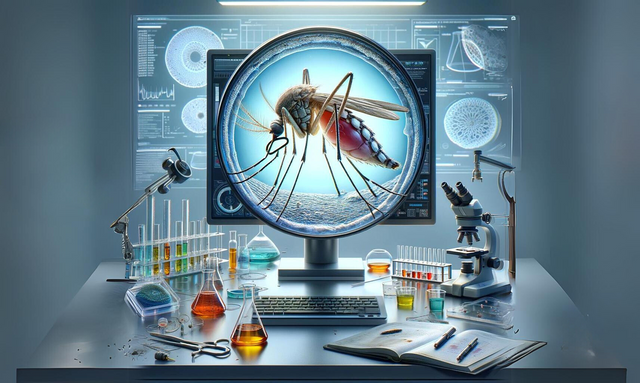What is Malaria?
Malaria functions as a deadly condition which transmits through mosquitoes from Plasmodium parasites. The parasite moves from an infected mosquito to the bloodstream of a person after the insect makes a bite. Inside the bloodstream the parasite begins to multiply and destroys red blood cells. People who have malaria often experience fever together with chills and sweats as well as extreme exhaustion that could escalate to organ failure that may cause death. The Plasmodium parasite exists across tropical and subtropical lands especially throughout Africa Asia and Latin America. Measures for malaria prevention rely on treated mosquito nets along with antimalarial drugs and programs to lower mosquito population numbers.
What are the three symptoms of malaria explain it.
Malaria produces three main symptoms including fever together with chills and sweating. Fever serves as the initial symptom which occurs according to the parasites life cycle pattern. A person with malaria symptoms will often experience significant body shaking and shivering which occur simultaneously with fever. The body produces intense sweating which becomes profuse due to its attempt to adjust temperature after the combination of fever and chills. Plasmodium parasite infections destroy red blood cells which induces bloodstream parasite multiplication leading to the development of fever and chills and sweats. Malaria that goes without treatment develops at a quick pace causing serious medical situations which could result in fatal outcomes.
How does malaria affect our lives?
Malaria causes repeated health issues that force people to miss work or school and results in economic stress together with reduced productivity. Severe consequences from malaria include organ failure and coma together with potential fatality particularly among pregnant women and young children. Risky repeated malaria infections produce two severe outcomes which are anemia alongside cognitive damage and longitudinal growth restrictions. Curbing malaria necessitates significant healthcare funding alongside initiatives for prevention measures and perpetual research aimed at fighting resistant drugs and mosquito carriers.
How to prevent malaria?
Malaria prevention requires multiple strategies including bed net treatment with insecticides together with antimalarial medications during high-risk travel and vector management through spraying activities. The prevention of malaria requires simultaneous implementation of draining standing water sites to stop mosquito breeding as well as wearing protective clothing and applying insect repellents. The prevention of malaria spreading and decreased public health effects requires community education initiatives combined with quick medical care for infected people and early detection strategies.
Thanks for reading my post I'm inviting @chant, @bela90 and @josepha to participate in this contest.


